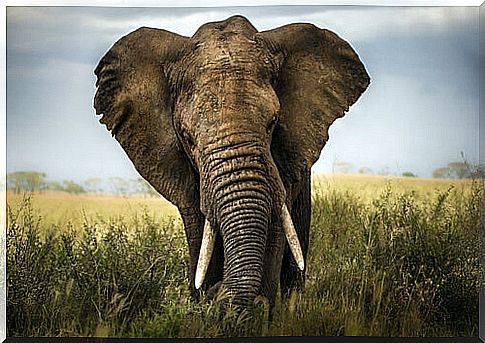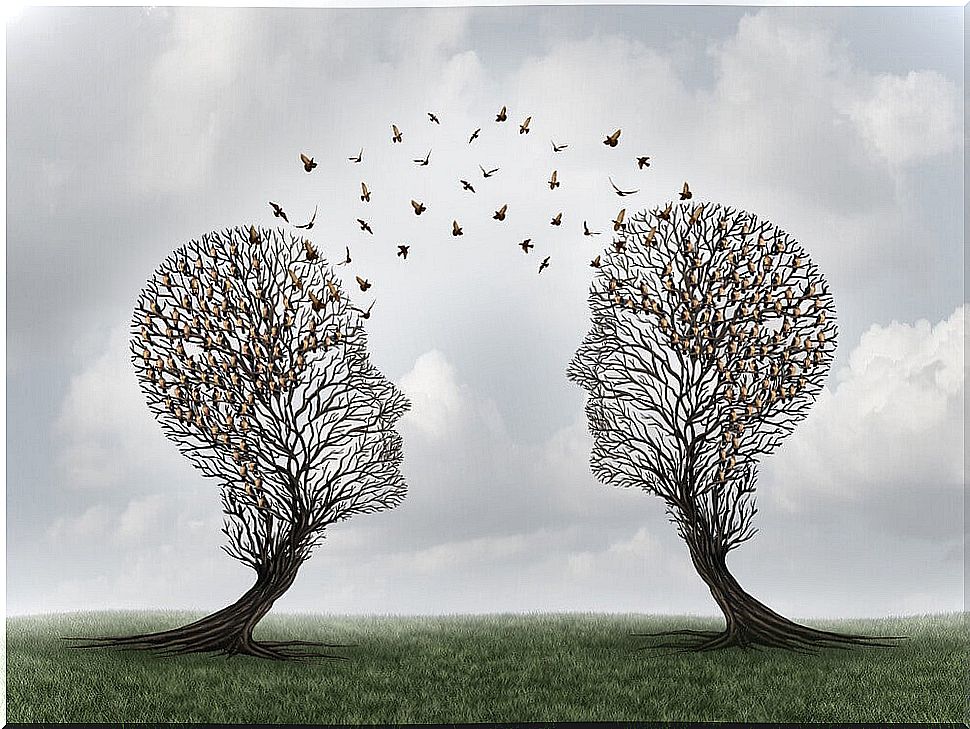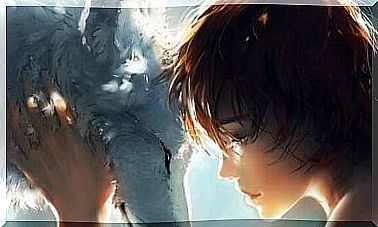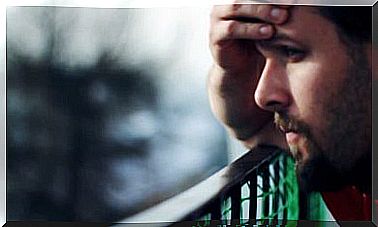The Six Blind Wise Men And The Elephant: A Story To Assess The Opinions Of Others

It is not always easy to value the opinions of others because when they clash with our own, we usually give priority and greater truthfulness to our own. This causes us to become intransigent and that we refuse to analyze the way in which others perceive reality. Instead of enriching us, this situation rather impoverishes us.
Among other reasons, if we act like this it is because, even if we deny it, we like to be right. However, as is well stated in a quote that includes the article Relationship between two concepts: information, knowledge and value. Similarities and differences ” you can only be right if you run the risk of being wrong “.
In order to open our eyes to this widespread attitude, today we will discover a story that will help us to value the opinions of others with the knowledge derived from their background. To do this, we invite you to read it carefully.

The tale of the six blind wise men and an elephant
Once upon a time there were six wise men who lived in a small village. All six were blind. One day someone brought an elephant to the village. Faced with such a situation, the six men looked for a way to know what an elephant was like, since they could not see it.
“I know,” one of them said. Let’s feel it!
“Good idea,” the others said. So we will know what an elephant is like.
Said and done. The first one felt one of the big ears of the elephant. He was slowly touching her back and forth.
” The elephant is like a great fan, ” said the first sage.
The second, feeling the elephant’s legs, exclaimed: “It is like a tree!”
“You are both wrong,” said the third sage, and after examining the elephant’s tail he exclaimed. The elephant is like a rope!
Just then, the fourth sage who was feeling the tusks bellowed: the elephant is like a spear!
– Nerd! cried the fifth. It is like a high wall (the fifth sage had been feeling the side of the elephant).
The sixth sage waited until the end and, holding the elephant’s trunk in his hand, said: “You are all wrong, the elephant is like a snake.”
– Nerd. Like a rope.
– Snake.
– A wall.
– You are wrong.
– I’m right.
– Not!
The six men praised each other in endless discussion for hours, not agreeing on what the elephant was like.
To value the opinions of others, you have to listen
Something that we can make clear from this story is that in order to value the opinions of others, one must learn to listen. The six wise men in the story did not pay attention to what their companions said, they only affirmed what they had felt with their hands. But, that was just a guess.
In the end, none of them came close to the true image of what an elephant looks like, although they all strongly defended their opinion. This, which may seem so absurd to us, happens frequently. Certainly all of them were right in their perception. However, none of them matched reality. Neither was capable, either, of assessing the opinions of others.

How can this story help us? The next time you have a different opinion from the people around us, I suggest that you try to look at the situation from their prism. For that, it is essential to listen, ask if we do not understand something and, also, express our own position.
This does not mean that others cannot be wrong, but rather that we will learn to be aware that each one perceives reality in a different way, all of us having a portion of reason. In fact, as the article The search for reality or truth: an approach from sociological theory points out, and Plato, with the Myth of the Cave, pointed out that it is possible that there are different interpretations of the same reality.
Influenced by our experiences, values, and beliefs, our way of seeing reality can differ quite a bit from that of others. But does that mean that there are some that are true and some that are not? The answer is no”. Therefore, valuing the opinions of others will allow us to enrich ourselves instead of impoverishing ourselves by defending our own truth that, as we have seen with the tale of the elephant and the six wise men, is probably not as “adjusted” as we think.









